Understanding Honeymoon Phase in type 1 diabetes
June is my diaversary month. I've completed half a decade living without a working pancreas. As I look back at this eventful period which has given me both good and bad memories, my honeymoon phase will always be one of the most important periods.
What is Honeymoon phase?
T1Ds lose their ability to produce insulin as their immune system attacks the pancreatic beta cells erroneously. However after starting insulin injections post diagnosis, the pancreas is under less pressure to produce its own insulin. The remaining few β cells are then stimulated to produce insulin and the external insulin requirement reduces drastically. To put it simply, this is the honeymoon phase in type 1 diabetes.
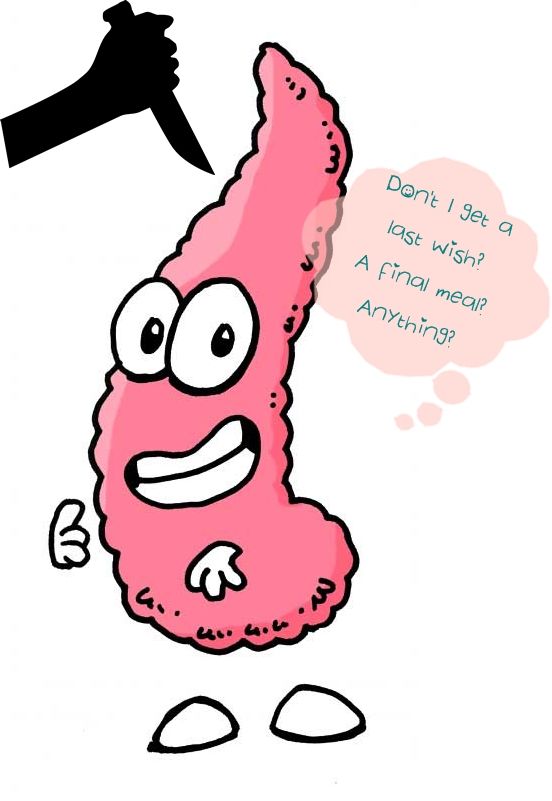
Honeymoon phase is also referred to as diabetic remission. Depending upon various factors, remission is of two types: complete and partial
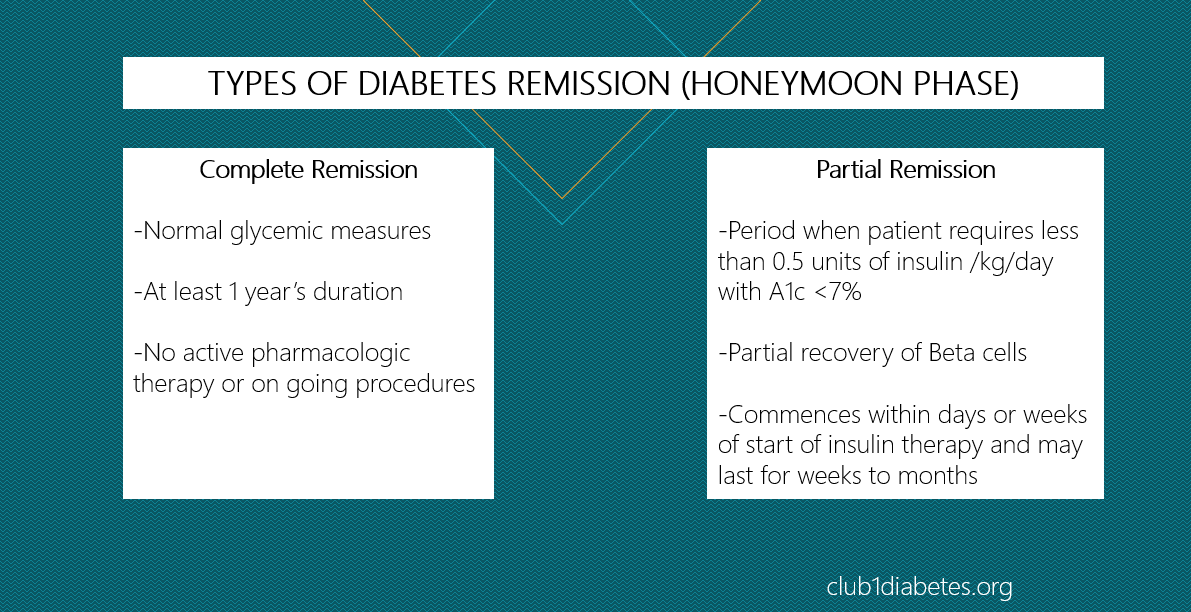
There are no known causes for remission but a study I read revealed two very interesting things:
1. Complete remission of diabetes has been observed in children while there are very few conclusive studies for the same in adult onset diabetics.
2. Remission of diabetes, partial or complete is dependent on number of factors including but not limited to C-peptide level, serum bicarbonate level at the time of diagnosis, duration of T1D symptoms, hemoglobin A1C (HbA1C) levels at the time of diagnosis, sex, and age.
Duration
There is no fixed duration for honeymoon phase, but it can last anytime between a few weeks to a few years. Usually it is anywhere between 6 months to 1 year. It normally occurs in the first 3 months of diagnosis. The occurrence and duration of honeymoon phase varies individually.
During this period, as the dependence on external insulin reduces, the few remaining insulin producing β cells which were put to work a while back slowly start to die and the honeymoon period comes to an end.
BG during honeymoon phase
A person in the honeymoon phase experiences BG similar to normal, non-diabetic BG even when their insulin requirement has drastically reduced or stopped. One of the tests your doctor uses to diagnose diabetes is a fasting BG test. Here's a guide.
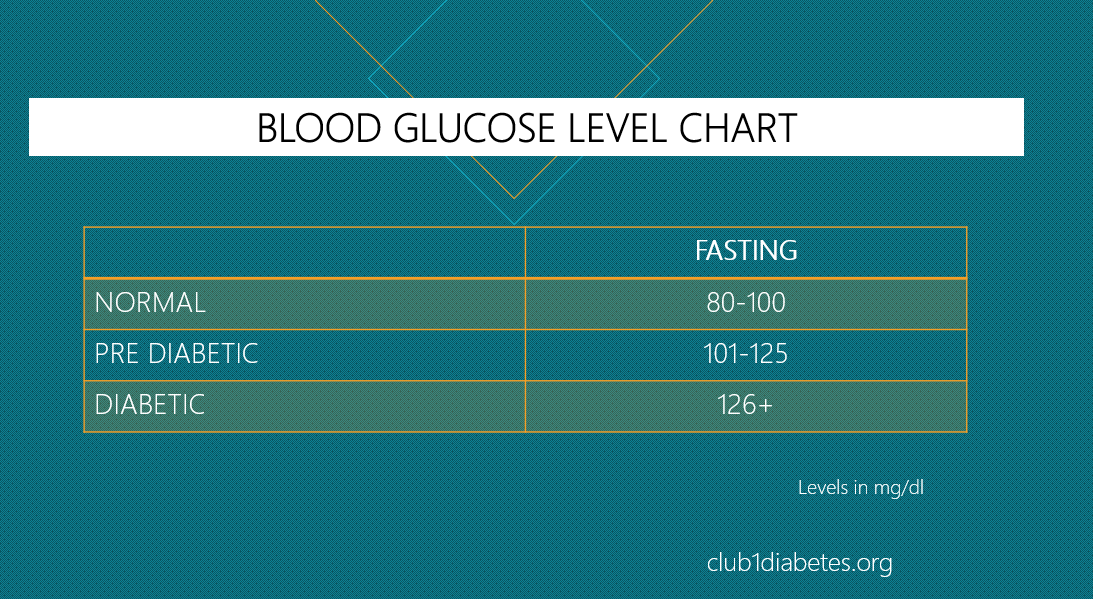
Pre and post-meal level targets will differ for individuals depending on factors like age, activity levels, food intake etc. Please consult your endocrinologist to determine your personalized BG targets.
Medication changes
When I was in my honeymoon phase for 3 months, I was completely off insulin much to my mother’s relief. However, I have friends who had reduced insulin requirements during their honeymoon phase. Everyone has a different experience.
Medication should be monitored. BG shouldn't be high enough to land in DKA and not low enough to experience hypoglycemia.
Diabetes management
Honeymoon phase is temporary. And that’s the only permanent fact!
Insulin requirement will fluctuate during this period and hence it's important that you consult your endocrinologist whilst closely monitoring your BG. The possibility of hypoglycemia and hyperglycemia are likely due to the unpredictability of insulin production by the beta cells that have got a breather with the external insulin.
How to know it ended?
The only way to know that honeymoon phase has ended is when you start observing fewer readings in range.
Studies report that a T1D can maintain tight control on their BG and try increasing the duration of honeymoon phase. Few articles claim that following a gluten free diet and taking Vitamin D and omega 3 fatty acids supplements may aid in increasing the duration of honeymoon phase. However, there isn’t any conclusive evidence yet.
Over the years, as you learn and adapt effective and better ways of diabetes management, these could lead to lowering of insulin requirement due to increased insulin sensitivity, however it should not be mistaken for another honeymoon phase.
Once honeymoon phase is over, another such phase will not occur in a type 1 diabetic’s life.
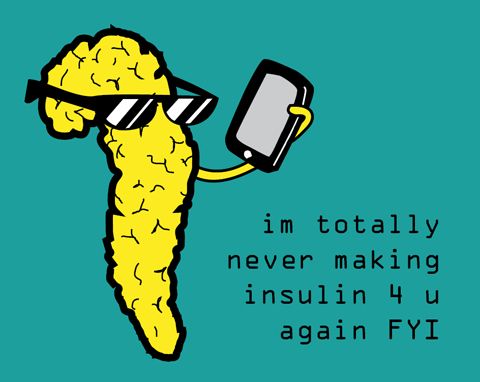
Tips to remember
- Work with your diabetes care team
- Keep checking BG to avoid hypo and hypers and know when the honeymoon phase has ended
My honeymoon phase
I feel like my diagnosis day will always be fresh in my mind as if it happened yesterday. The details often cross my mind even today as I go about my daily activities. How life changed for me overnight! The difference between adult onset and a child being diagnosed is how much more conscious you are about the situation. Seeing my dad breaking down outside the ICU as I was admitted in DKA will probably be a sight that will haunt me for life. I am not a fan of needles and imagine the plight of my mother who stood strong as her daughter faced her biggest fear. That’s also when I realized, you could be a toddler or 80 years old, for your mother, you are her child and if she could, she would move the world to take you away from a lifetime of needles and pain.
And so, I knew that her first instinct the minute we left the hospital was to find a 'cure'.
Our doctor did not tell us about the honeymoon phase. Once back from hospital, I continued insulin for 5 weeks before I started experiencing severe hypos. I still remember one day I woke up with a fasting reading of 57 mg/dl and my BG did not cross 100 mg/dl even once (I used to check six times a day. During these 5 weeks when I was still on insulin, my mother was approached by well-wishers who told her about alternate therapies/ medicines . My mother became a Google ninja and overnight our landline turned into a call center with the phone ringing nonstop trying to sell these. She put me on alternate medicine within the first 2 weeks and by the end of 5 weeks I started experiencing severe hypos. I started reducing my insulin dose until a point that I didn’t need it anymore.
Miraculously, overnight I was 'cured'. NOT
I had entered my honeymoon phase. Everybody thought it was the alternate therapies that were working (No, they weren't). Contrary to what popular sentiments are about honeymoon, mine wasn’t a happy one at all. Doctors misdiagnosed me as type 2 diabetic because I had adult onset diabetes (read my diagnosis story here) and that I would be on oral medication for life. I religiously continued with alternate medicine, because I didn’t know any better at that time. A month later, I was ready to go back to work. My diagnosis was an unfortunate series of mayhems. I went back to work, stopped exercising as much as I used to, reduced alternate therapy while unknown to me, my beta cells were dying. My BG started going out of range. I found it very difficult to convince my mother that I needed to see a doctor right away and get started on insulin again.
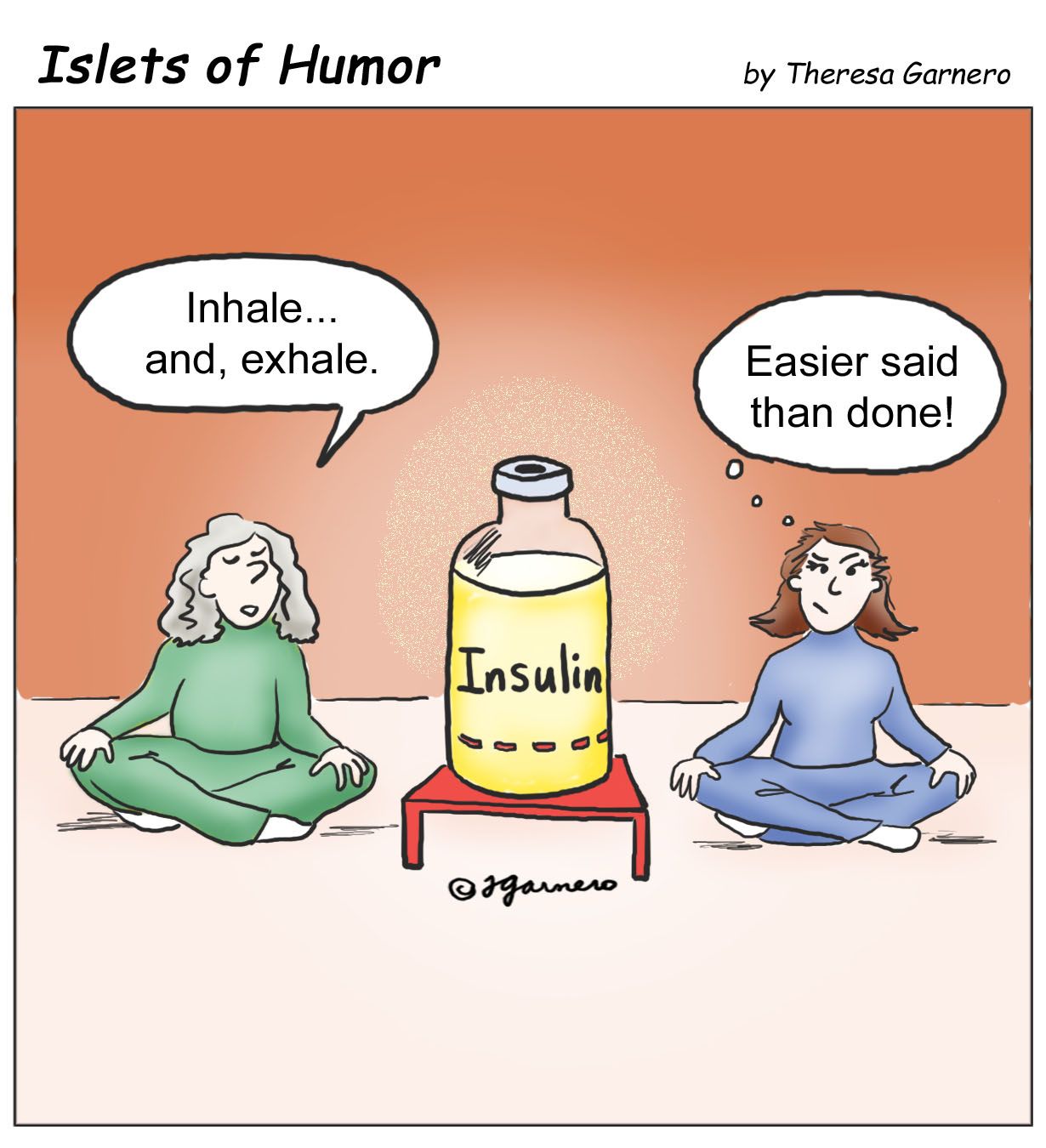
Close family members suggested I stop working and just continue with alternate therapy and only focus on diabetes management. I turned to google to understand what was happening. That’s the first I read about honeymoon phase. I suddenly realized all this while I had been in honeymoon phase and now I was nearing the end of it. It lasted about 3 months. It's funny how the diabetologist I visited initially didn’t tell us about it. But when I had enough, I called my cousin, a consultant with a hospital in Gurgaon and got an appointment with my current endocrinologist and that’s when I was put back on insulin.
It took me another month to get stable BG levels, but I hated my honeymoon phase. Erratic BG, increased appetite, lethargy, a huge question mark on my career and life in general. I wish upon no one the negativity that I faced then. Mentally, I went through the worst phase of my life.
I hope the newly diagnosed and caregivers reading this realize that honeymoon phase is temporary and will go away. And you or your loved one will still be just as talented, capable and happy as they were before it. Even better, in fact!
